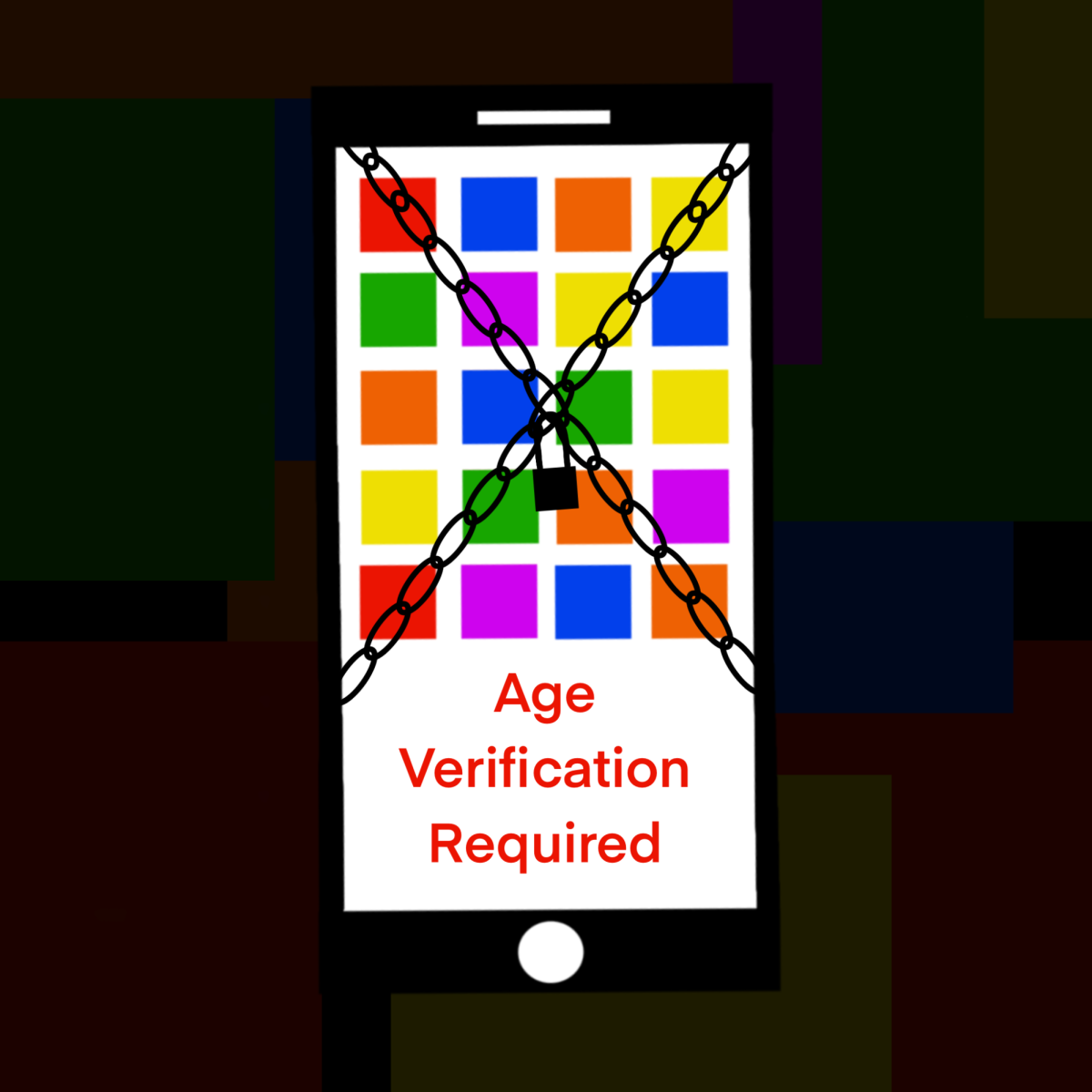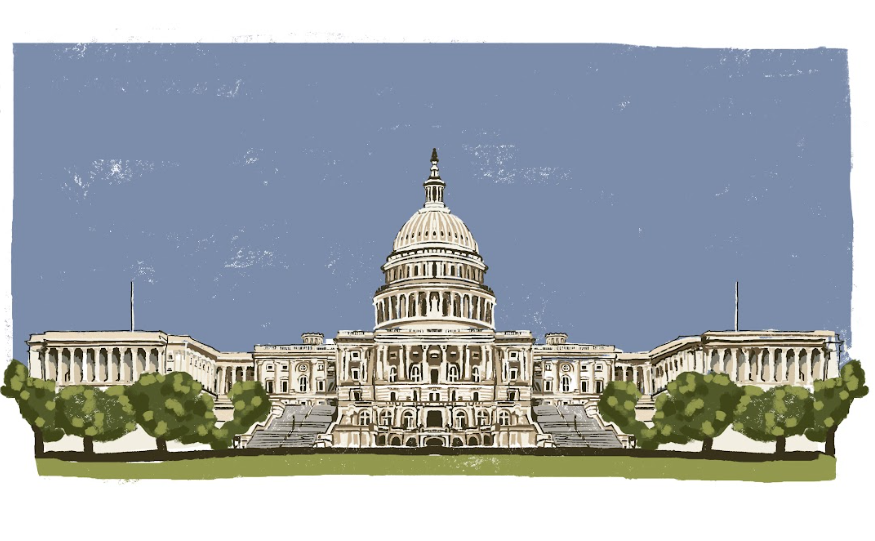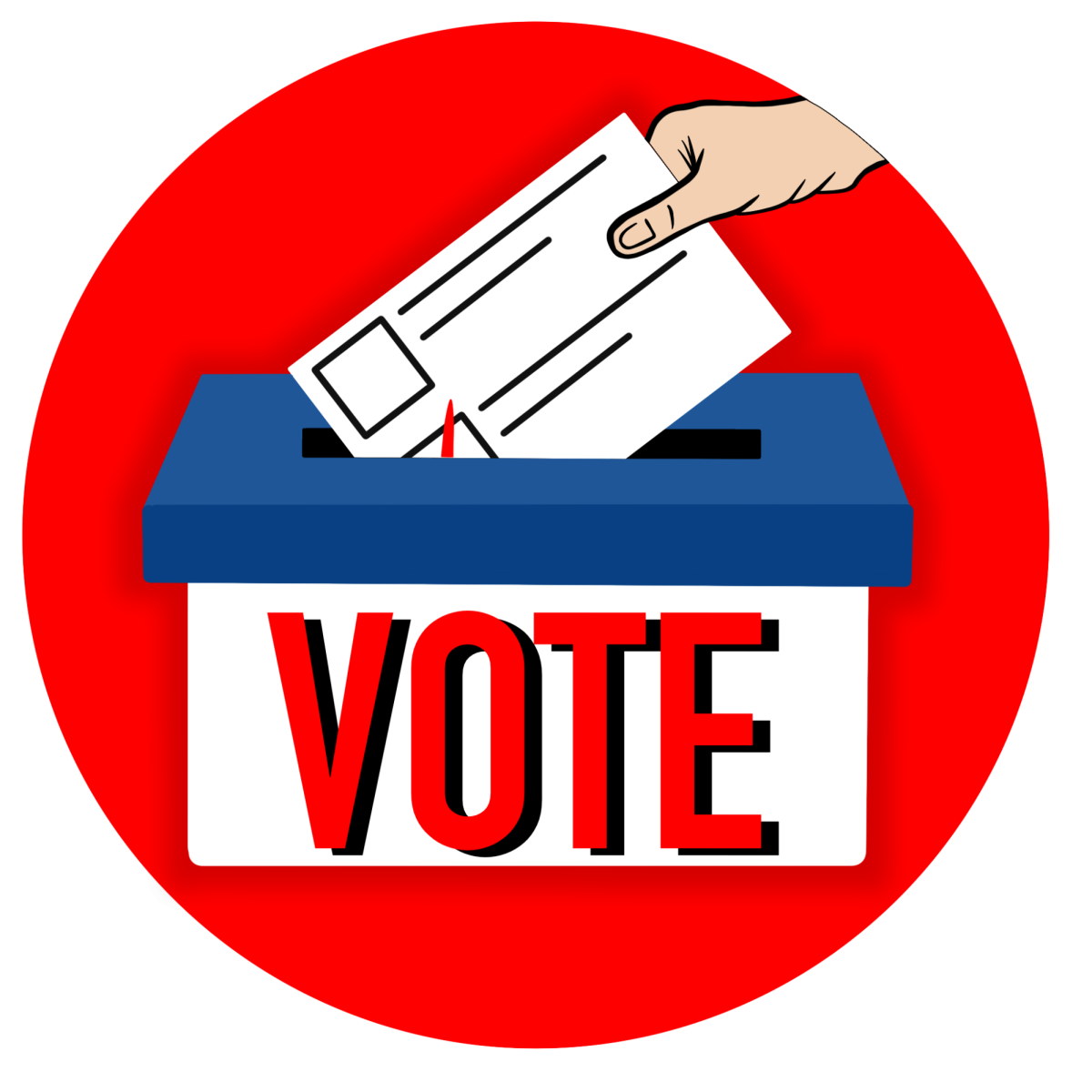Last week, Florida Governor Ron DeSantis signed HB 3 into law, a restrictive bill that bans children under 14 years old from having social media accounts and requires 14 and 15-year-olds to have parental approval before joining. In a statement, DeSantis cited mental health concerns as his motivation, expanding on the negative effects social media can have on children and teens.
DeSantis has been criticized in the past for his overly conservative policies and his attacks on Florida’s school systems, warping academic agendas to fit his party’s views. It is possible that one of his motivations for this ban is to prevent young minds from encountering diverse ideas and communities online that would educate them in ways the Florida school system cannot.
However, that is mere speculation and the reasons DeSantis does cite are valid and well-supported. Like anything, social media is a double-edged sword. It is a way to connect people and cultures across the globe and can be entertaining and educational. It is also full of misinformation and manipulation. It stunts the emotional and intellectual growth of children and provides spaces for adults from all ends of the political spectrum to speak nonsense and manipulate the naive youth of America.
In May 2023, the U.S. Surgeon General, Dr. Vivek Murthy, issued an advisory that warned parents to take caution concerning their children’s use of social media. Although he did not call for a ban, Dr. Murthy proposed meticulous regulations, including access limitation, citing online phenomena, such as violence, sexual content and harassment as threats to young people’s mental health. The advisory made a point to mention that poor mental health does not exist in a vacuum and the effects of social media on youths are often compounded by other circumstances of life.
DeSantis’ bill is a step in the right direction. However, it must be complemented by capable parenting and a functional school system that promotes good digital and media literacy to be of any use to America’s future. It would be ideal if children under the age of 14, or even 16 years old, were banned from holding social media accounts nationwide.
This does not mean they could not consume content through their parents’ or guardians’ accounts; merely that their time and content would be regulated and supervised. This is not an infringement of their rights but rather a protection of their mental and physical state. Enforcing these restrictions will prove to be difficult, considering that on age-restricted sites, children lie about their ages and often make accounts without their parents’ knowledge. Nevertheless, it is worth a try.
It is essential that people of all ages, not just children and teens, adopt healthy social media practices to ensure that society maximizes the good of this technology and minimizes the downsides. Other states must look to Florida, in this aspect alone, and closely examine the results of HB 3 to consider taking the same preventative measures.











